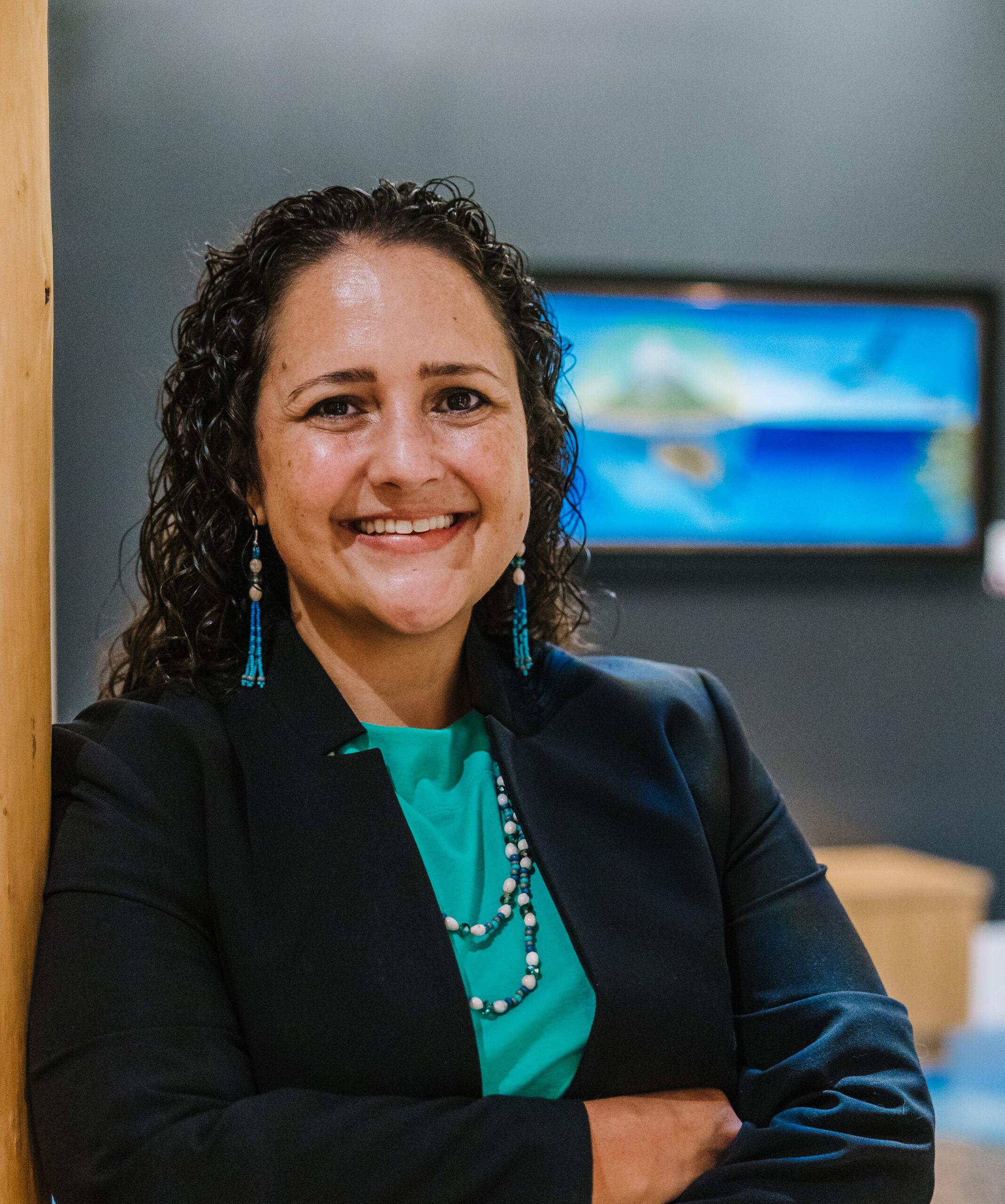A new analysis by Child Trends finds that 43 percent of Tribal Colleges and Universities (TCUs) offered parenting students on-campus child care support during the Fall semester of the 2021-2022 academic year, compared to 21 percent of other degree-granting colleges and universities, according to the most recent data available from the Integrated Postsecondary Education Data System (IPEDS). TCUs are chartered by Tribal governments and primarily serve American Indian and Alaska Native (AIAN) students, with approximately 87 percent of TCU students identifying as AIAN in 2020. Providing adequate funding to TCUs helps them offer supports—such as nearby, reliable, high-quality child care—that are critical for facilitating positive educational trajectories for AIAN parenting students.
TCUs are twice as likely as other colleges and universities to offer on-campus child care
Percentage of TCUs and other colleges and universities with on-campus child care, IPEDS, 2021-2022

Source: U.S. Department of Education, National Center for Education Statistics, Integrated Postsecondary Education Data System (IPEDS), 2021-2022 Academic Year (Fall 2021 Institutional Component). https://nces.ed.gov/ipeds/
Notes: This figure includes only degree-granting institutions, which more frequently offer on-campus child care than non-degree-granting institutions. All TCUs are degree-granting institutions, and all institutions depicted in this figure are Title IV institutions.
The difference in percent of institutions with on-campus child care is statistically significant at α = 0.01 (p=0.002).
On-campus child care is especially important for supporting the educational experiences and outcomes of AIAN student populations: 29 percent of AIAN college students and 36 percent of AIAN women in college are parents. While AIAN students find success at many types of institutions, TCUs play an important role in serving this population as they offer services that aim specifically to meet the needs of AIAN communities.
Supporting AIAN parenting students with child care is one key strategy for rebuilding strong educational outcomes in the wake of the COVID-19 pandemic. Currently, higher education systems are not geared toward AIAN students’ success: According to IPEDS, only 39 percent of AIAN students graduate from postsecondary institutions within six years of enrollment. Additionally, declines in enrollment for Native American undergraduate students during the pandemic were substantial. Child care is often unaffordable for parenting students, impacting their ability to stay enrolled. Data collected by the American Indian Higher Education Consortium in Fall 2020 showed that, among TCUs with enrollment declines, lack of day care and uncertainty with child care and schooling for children were two reasons for dropping enrollment.
On-campus child care at TCUs can help improve educational opportunities for parenting students and their families. By offering on-campus care, TCUs provide a resource that has been systematically underfunded in AIAN communities. In addition, child care programs at TCUs that draw on local cultural and community assets provide both generations of students—parenting students and their children—support in benefiting from preventive and protective aspects of Indigenous cultures. Supporting TCUs in providing on-campus child care is an investment in AIAN students and their families.
The authors would like to thank Renee Ryberg, Elizabeth Jordan, Kristen Harper, Sam Ruvalcaba, Alex Gabriel, Heather Sauyaq Jean Gordon, and the Child Trends communications team for their reviews of and contributions to this piece.
Related Research
- American Indian and Alaska Native (AIAN) Children Are Overrepresented in Foster Care in States With the Largest Proportions of AIAN Children
- Latest Census Estimates Show Disproportionate Poverty Among American Indian and Alaska Native (AIAN) Children and the Overall AIAN Population
- Community Colleges Can Help Parenting Students Succeed by Creating Supportive, Welcoming Environments
- Higher Education Can Support Parenting Students and Their Children with Accessible, Equitable Services
- Meet Our Researchers: Deana Around Him
© Copyright 2025 ChildTrendsPrivacy Statement
Newsletter SignupLinkedInYouTubeBlueskyInstagram
